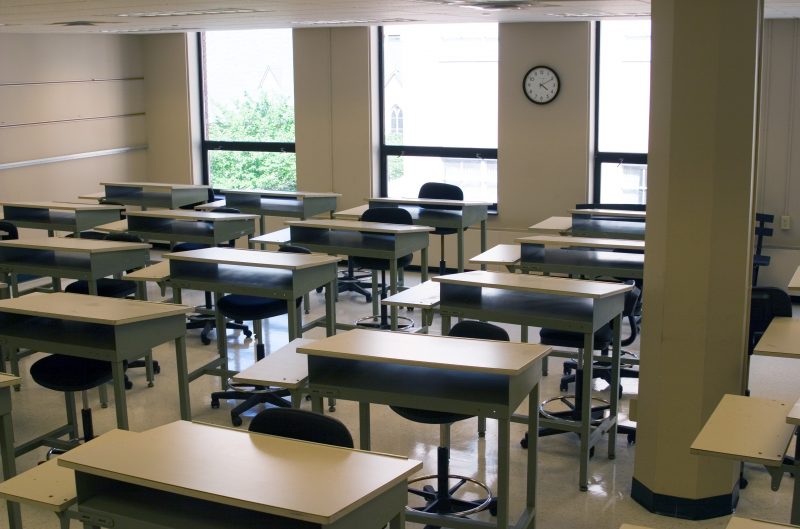The latest global snapshot of student achievement has scored Manitoba teenagers dead last in math and science and second last in reading compared to students in all other Canadian provinces.

The Programme for International Student Assessment (PISA) compares science, math and reading skills for 15 year olds in nearly 80 countries.
Manitoba’s results are worse than they were when the last assessment was done in 2015.
They weren’t great then either. The province ranked second last in science and was below the national average in both reading and math in the 2015 report.
This time only New Brunswick students scored lower than Manitoba in reading.
James Bedford, president of the Manitoba Teachers’ Society attributes the poor showing in part to the social and economic position of Manitoba students.
He said more needs to be done to make sure students are coming to school well fed and ready to learn.
“There’s a direct correlation between poverty and education — I think the tests are just reinforcing that correlation,” he said.
“The data does show that a child that comes to school hungry has more difficulties in terms of concentrating in a classroom and in terms of retaining knowledge.”
He said class sizes and allocation of resources are also a concern, noting students in urban centres have advantages over those living in remote areas.
“We’ve got to address these issues early on in the educational system in order to see those positive results when child turns 15 and 16,” he said.
“If you’re looking for vast improvement, you have to go back to the basics.”
The international test is co-ordinated every three years by the Paris-based Organization for Economic Cooperation and Development, or OECD.
Testing for the latest report, done using a mix of multiple-choice and open-ended questions, was done in 2018.
Schools in each country are randomly selected, and the OECD says the selection of schools is kept as inclusive as possible so that student samples are drawn from a broad range of backgrounds and abilities.
About 600,000 students took part in the two-hour computer-based test world-wide last year.
–With files from The Canadian Press









Comments